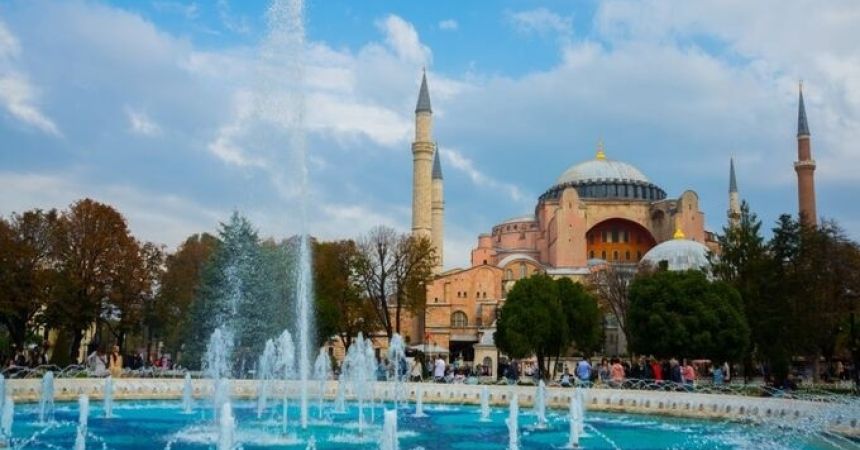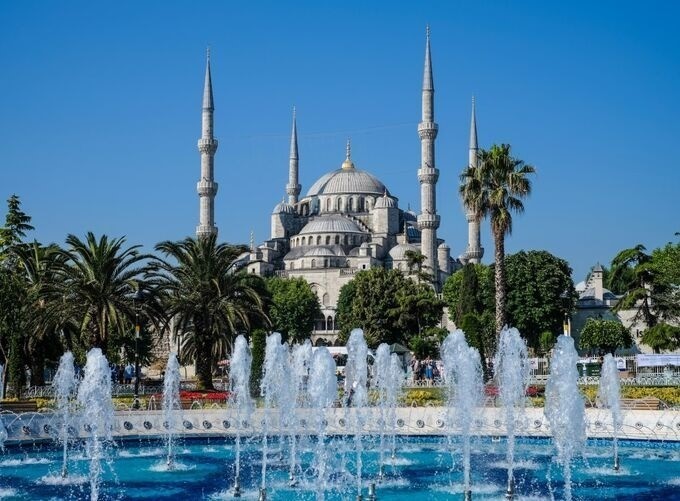
When Does Ramadan Start 2025-2030
Ramadan, the ninth month of the Islamic lunar calendar, is a significant period for Muslims around the world. It is a time for fasting, spiritual reflection, and increased devotion. Unlike the Gregorian calendar, the Islamic calendar is lunar-based, which means Ramadan shifts each year by about 10 to 12 days. This blog will provide an in-depth guide to the dates of Ramadan from 2025 to 2030, exploring how these dates are determined, what to expect during Ramadan in these years, and the impact of the shifting dates on global observances.
Understanding Ramadan and the Islamic Calendar
The Significance of Ramadan
Ramadan is one of the Five Pillars of Islam, and it commemorates the first revelation of the Quran to the Prophet Muhammad. During Ramadan, Muslims fast from dawn until sunset, engage in increased prayer, and perform acts of charity and self-discipline.
The Islamic Lunar Calendar
The Islamic calendar is a lunar calendar consisting of 12 months in a year of 354 or 355 days. Each month begins with the sighting of the new moon. This calendar is about 10 to 12 days shorter than the Gregorian calendar, which causes Islamic months to shift annually relative to the Gregorian year.
Determining Ramadan Dates
The exact start of Ramadan is determined by the sighting of the new moon. Islamic scholars and local religious authorities often observe the moon and announce the beginning of Ramadan. In some cases, astronomical calculations are used to predict the dates, but the sighting of the moon remains a traditional practice.
Ramadan Dates for 2025 to 2030
Ramadan in 2025
- Start Date: March 11, 2025
- End Date: April 9, 2025
Ramadan in 2026
- Start Date: March 1, 2026
- End Date: March 30, 2026
Ramadan in 2027
- Start Date: February 19, 2027
- End Date: March 20, 2027
Ramadan in 2028
- Start Date: February 8, 2028
- End Date: March 8, 2028
Ramadan in 2029
- Start Date: January 28, 2029
- End Date: February 25, 2029
Ramadan in 2030
- Start Date: January 18, 2030
- End Date: February 15, 2030
Factors Influencing Ramadan Dates
Lunar Observations
The Islamic calendar's reliance on lunar observations means that Ramadan can start on different dates depending on the geographical location and moon sighting practices. Various countries and regions might observe Ramadan on slightly different dates due to differences in moon sighting.
Astronomical Calculations vs. Moon Sighting
While moon sighting is traditional, many countries now use astronomical calculations to predict Ramadan dates. These calculations can help in planning but may not always align with local moon sightings, leading to variations in the exact start date.
Regional Differences
Different regions may have different start dates for Ramadan due to their local moon sighting traditions. For instance, in some countries, Ramadan might begin a day earlier or later than in others.
Ramadan Observances and Traditions
Daily Routine During Ramadan
During Ramadan, Muslims fast from dawn until sunset. This involves abstaining from food, drink, and other physical needs. Each day begins with Suhoor, a pre-dawn meal, and ends with Iftar, the meal to break the fast.
Spiritual Practices
In addition to fasting, Muslims engage in extra prayers, recite the Quran, and perform acts of charity. The nightly Taraweeh prayers are a special feature of Ramadan, and many Muslims aim to complete the Quran by the end of the month.

Cultural and Community Events
Ramadan is also a time for cultural and community gatherings. Families come together for Iftar, and many communities organize charitable events and public iftars. Ramadan brings a sense of unity and shared purpose among Muslims.
Impact of Ramadan Dates on Daily Life
Work and School Schedules
The shifting dates of Ramadan impact work and school schedules. As Ramadan moves through the Gregorian calendar, it can coincide with different seasons, affecting daily routines, productivity, and educational activities.
The timing of Ramadan can influence Turkey travel and tourism, as many people travel to be with family or attend special events. Ramadan’s timing affects travel plans Turkey and can also impact tourism activities in predominantly Muslim countries.
Health and Well-being
Fasting during Ramadan requires careful attention to health and nutrition. The shifting dates mean that Ramadan can fall during different seasons, affecting the types of foods available and the overall impact on health.
Preparing for Ramadan
Planning Ahead
Understanding Ramadan dates helps in planning for the month. This includes preparing for fasting, organizing family gatherings, and scheduling time for additional prayers and religious activities.
Community and Charity Work
Many people use the approach of Ramadan to plan charitable activities and community events. Preparation includes organizing food drives, setting up iftar gatherings, and contributing to local and international charitable causes.
Personal Reflection
Ramadan is also a time for personal reflection and spiritual growth. Preparing for Ramadan involves setting personal goals for prayer, fasting, and self-improvement.
The Future of Ramadan Dates
Technological Advancements
Advancements in astronomical technology and software can provide more accurate predictions of Ramadan dates. However, the traditional practice of moon sighting continues to play a crucial role.
Global Coordination
As global communication improves, there is increasing coordination among different countries and communities regarding Ramadan dates. This helps in unifying practices and reducing discrepancies in start dates.
Cultural Adaptations
Cultural adaptations will continue as Ramadan dates shift through different seasons and years. Each community may adjust its practices and traditions to align with the timing of Ramadan and its impact on daily life.
Summary of Ramadan Dates
From 2025 to 2030, Ramadan will fall on the following dates: March 11, 2025; March 1, 2026; February 19, 2027; February 8, 2028; January 28, 2029; and January 18, 2030. Understanding these dates helps in preparing for and observing Ramadan.
Significance of Understanding Ramadan Dates
Knowing Ramadan dates is essential for planning religious observances, personal schedules, and community events. It helps individuals and communities to align their practices and make the most of this sacred month.
Invitation to Experience Ramadan
Ramadan offers a unique opportunity for spiritual growth, cultural enrichment, and community bonding. Whether you are a practicing Muslim or simply interested in learning more, experiencing Ramadan provides valuable insights into the essence of this important month.



